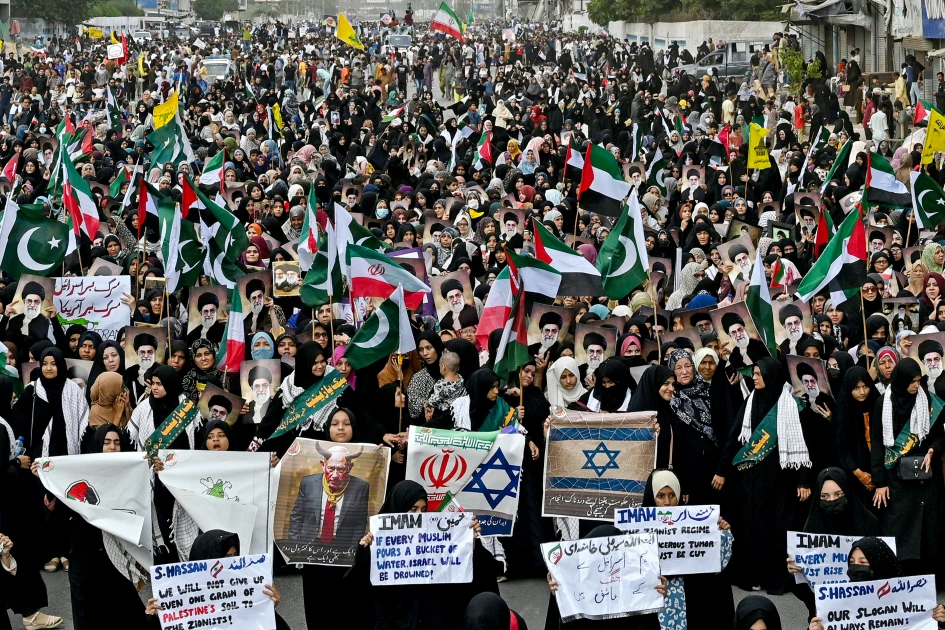In the heart of Los Angeles’ “Tehrangeles” neighborhood, where nearly 200,000 Iranian-Americans reside, emotions are running high following U.S. airstrikes on Iranian nuclear facilities. For many members of this vibrant diaspora, the latest developments reignite long-held dreams of regime change in Iran.
Mohammad Ghafari, who runs a grocery store brimming with traditional Iranian delicacies like dates and pistachios, left Iran before the 1979 Islamic Revolution and has never returned. “Iran is not capable of providing food to the Persian people,” he says. “If the people were happy about a change of regime, I would be too.”
Fereshteh, a Jewish Iranian-American who fled Iran during the war with Iraq in the 1980s, agrees. “Donald Trump is a hero,” she says, crediting the former president for his aggressive stance on Iran, including ordering strikes in support of Israel’s offensive. While Trump has since softened his talk of “regime change,” many in Tehrangeles continue to see foreign pressure as a necessary catalyst for internal reform.
However, not all voices in the community share that view. At the “Taste of Tehran” restaurant, a 68-year-old engineer expressed deep concern over the rising death toll—over 600 in Iran and 28 in Israel. Having lost relatives in the Iran-Iraq War, he warns against the consequences of foreign intervention. “Change by force never pays off,” he said. “Change must come from within, by the people, for the people.”
Others like Mehrnoosh, who arrived in the U.S. in 2010, argue that the regime’s violent suppression of dissent especially after the 2022 death of Mahsa Amini—has left ordinary Iranians powerless. “The people there have their hands tied,” she said, advocating for even stronger U.S. involvement, including possible troop deployment.
As a fragile ceasefire appears to hold between Iran and Israel, the Iranian-American community in Los Angeles remains united by concern for loved ones but divided over the best path to peace and freedom in their homeland. For many, the dream of a new Iran still burns brightly but the cost of achieving it remains a painful uncertainty.

